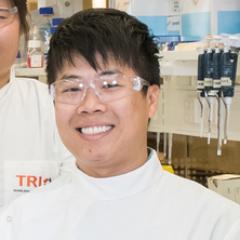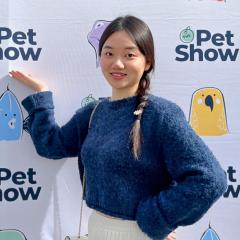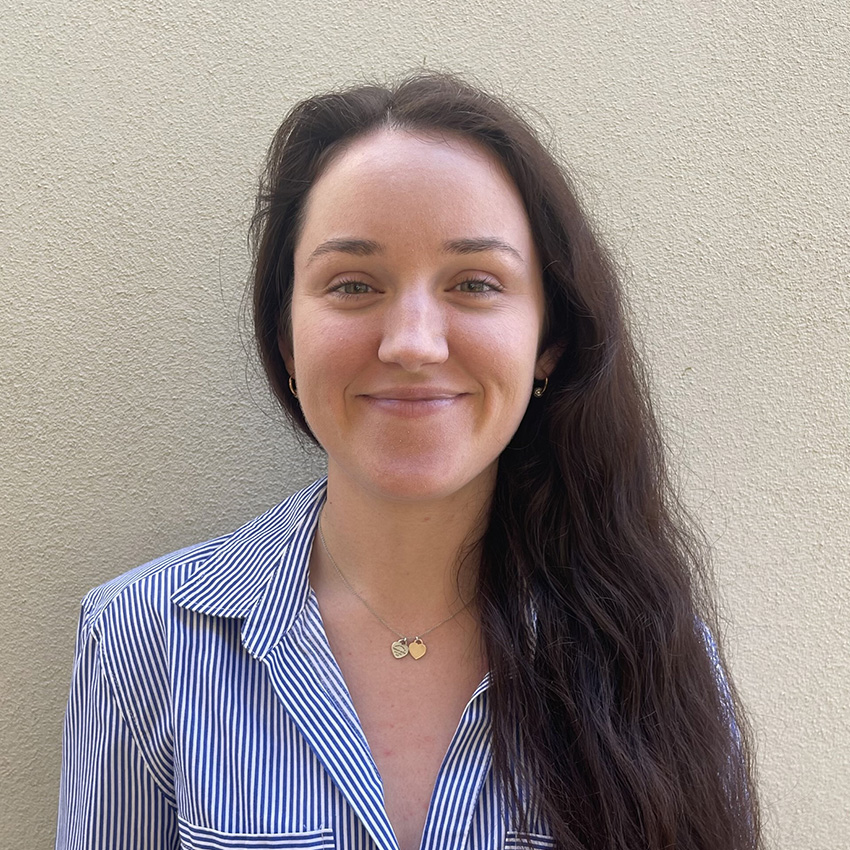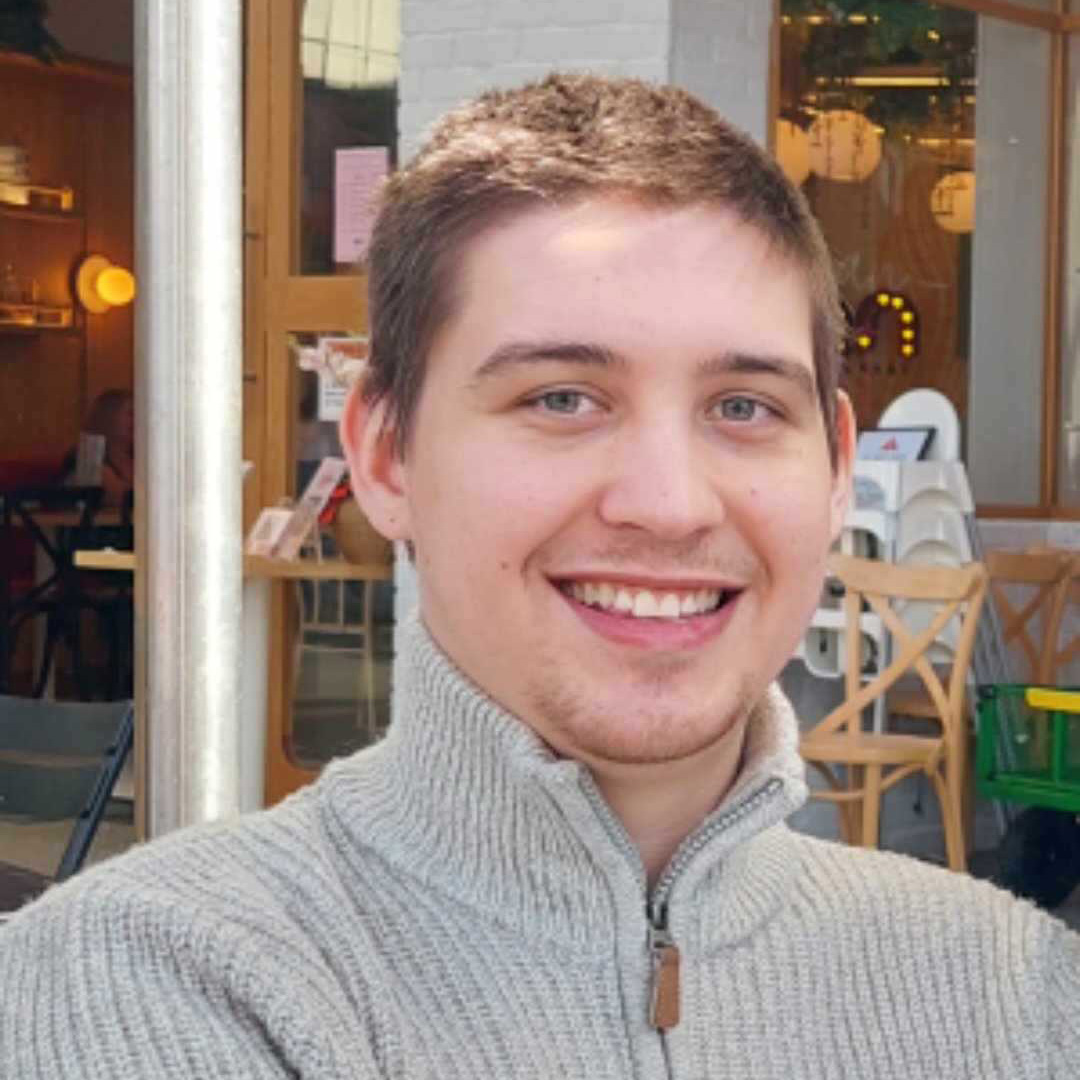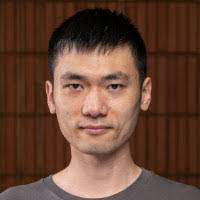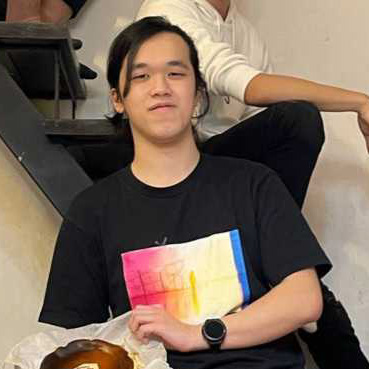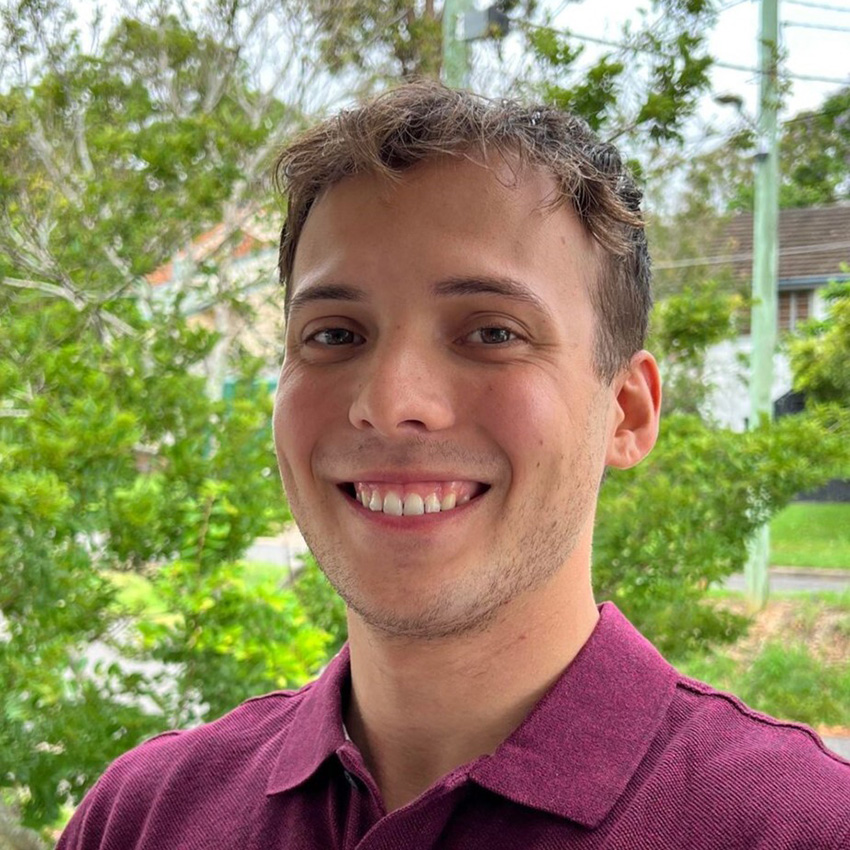Computational immunology
Dr Kelvin Tuong is a Senior Research Fellow/Group Leader and 2026 NHMRC Emerging Leadership Fellow at the IFCCIR. He was originally trained as a cell biologist/immunologist and has since developed key expertise in bioinformatics. He is also co-chair of the ASI Systems Immunology Special Interest Group (2023-2025).
The Tuong lab is interested in harnessing the adaptive immune receptors expressed by T and B cells for understanding immune cell development and function in health and in cancer.
At the Child Health Research Centre and IFCCIR, we are integrating cutting-edge computational methods with single-cell profiling, aiming to deepen the understanding of immune maturation and detect early immune dysregulation. Our vision is to transform childhood immune health assessment—enabling earlier diagnosis, personalized interventions, and improved long-term outcomes across a range of paediatric conditions including cancer, autoimmunity, and allergy.
We have developed bioinformatics tools and packages to achieve this, for example, a bespoke software tailored for single-cell T/B Cell Receptor sequencing analysis, Dandelion, which was used in one of the largest combined single-cell transcriptomic, surface proteomic and TCR/BCR sequencing dataset in the world, published in Nature Medicine. We also introduced a new concept for performing trajectory analysis using immune repertoires in a recent publication in Nature Biotechnology. Our work in this domain is internationally recognised; for instance, we recently published an authoritative review on single-cell immune repertoire analysis in Nature Methods.
We are passionate about harnessing cellular-level insights and developing advanced computational tools and algorithms to create novel predictive and warning systems for childhood diseases. Ongoing work is exploring different ways to combine the adaptive immune receptors with the gene expression of the immune cells at a single-cell level to track the T and B cell response to cancer, autoimmunity, infection and therapy.
1. Developing single-cell analysis methods harnessing adaptive immune receptors
The direct linkage of adaptive immune receptor repertoire with cellular phenotypes from single-cell sequencing technology has proven to be a powerful tool in understanding lymphocyte development and function in healthy and disease contexts. Multi-omics analysis leverages data from different modalities e.g. transcriptomics, epigenetics, proteomics. Recent advances has successfully integrated the data modalities to study cellular biology at an unprecedented resolution. However, unlike the other data modalities, which are largely continuous data, single-cell adaptive immune receptor sequencing (scVDJ-seq) data are a mixture of categorical and continuous data which poses additional challenges for integration. It consists of annotations of variable (V), diversity (D) and joining (J) genes, which are selected and recombined during B/T-cell development. The technology to profile this at the single cell level with paired gene expression data is relatively new. I have led the development of Dandelion, a scVDJ-seq software framework which has been used to deeply profile single-cell lymphocyte biology and I aim to expand on the its capabilities for immunology research.
2. Building Australia’s Largest Single-Cell Atlas of the Pediatric Immune System
The immune system in early life undergoes rapid and unique developmental changes that are not well captured by adult immune profiling studies. This project aims to generate the most comprehensive single-cell atlas of the pediatric immune system in Australia, based on over 1,000 blood samples from both healthy children and those affected by various diseases, including immune disorders and infections.
We use single-cell RNA sequencing (scRNA-seq) to capture the diversity of immune cells in unprecedented detail, allowing us to map how these cells evolve with age and in response to disease. Importantly, we are integrating scRNA-seq with adaptive immune receptor sequencing (scVDJ-seq) and clinical metadata to uncover how immune repertoires develop and function across different pediatric cohorts.
To analyze this complex dataset, we are developing advanced machine learning and deep learning frameworks capable of identifying age- and disease-specific immune states. We are also applying integrative computational approaches to connect transcriptional states with immune clonotypes and repertoire diversity. This atlas will serve as a key resource for pediatric immunology, providing foundational insights that can inform early diagnostics, vaccine strategies, and targeted therapies for children.
3. Deep Learning Approaches for Inferring Copy Number Variation from Single-Cell Transcriptomics in Cancer
Copy number variations (CNVs) are a hallmark of cancer, but detecting them accurately at the single-cell level remains a major challenge due to the noisy and sparse nature of single-cell RNA-seq (scRNA-seq) data. This project focuses on the development of deep learning models capable of inferring CNVs directly from transcriptomic profiles, with the ultimate goal of identifying cancer cells within heterogeneous tissues.
By applying neural network architectures tailored to single-cell data, we aim to model the underlying gene dosage effects reflected in gene expression patterns. Our models will be trained to distinguish malignant from normal cells and to identify patterns of genomic instability across tumor subclones. These methods will allow us to reconstruct the evolutionary dynamics of tumors and better understand the relationship between transcriptomic signatures and chromosomal alterations.
This work has direct applications in cancer diagnostics, especially in improving the resolution of tumor profiling for early detection and minimal residual disease monitoring. We also aim to make these methods publicly available as open-source tools to support the broader community studying tumor heterogeneity through single-cell approaches.
4. Deep Learning of T-Cell Receptor Signatures for Monitoring Pediatric Cancer Immunity
T cells play a crucial role in recognizing and attacking cancer cells through their highly specific T-cell receptors (TCRs). These receptors carry detailed information about the immune system’s engagement with tumors, offering a rich but complex source of data for understanding immune responses in childhood cancers. This project focuses on developing deep learning models to decode TCR sequences, with the aim of identifying cancer-specific immune responses and predicting therapeutic outcomes in pediatric patients.
Using immune receptor sequencing data, we are characterizing the clonal landscape of T cells in children with cancers. By integrating this data, we aim to learn predictive features of TCR sequences associated with anti-tumor activity, treatment response, and disease progression. These models will be trained to recognize subtle sequence motifs, clonal expansions, and phenotype-receptor relationships that are often missed by conventional approaches.
A central goal of this project is to develop tools that allow for immune-based monitoring of pediatric cancers over time. By identifying cancer-associated TCRs, we aim to build sensitive and specific assays for early detection, residual disease tracking, and treatment monitoring. Ultimately, this work will help uncover how the developing immune system interacts with cancer and contribute to more personalized, immune-informed approaches to treating childhood cancers.
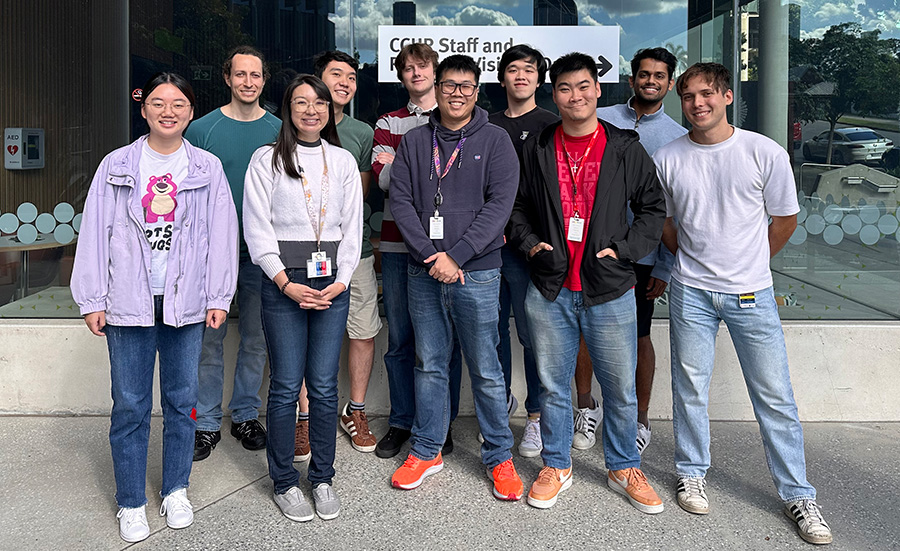
Group Leader
Post-doctoral Research Fellow
Research Assistant
PhD Students
PhD co-supervision
Non-HDR students
Past staff and students
- Megan Soon - Postdoctoral Research Fellow
- Nicole Gunn - Research Assistant
- Simon DeMontardy - Master of Bioinformatics Engineering (Université Côte d'Azur)
- Sugnyan Shivakumar - Masters Student (Biotechnology)
- Christopher Lam - Masters Student (Quantitative Biology)
- Sidney Lim - Masters Student (Molecular Biology)
- Kyle Maloney - UQ MD student (UWEF)
- Randy Ramdial - UQ MD student (MEDI7281)
- Charlotte Tsui - UQ MD student (MEDI7281)
We have ongoing collaborations with researchers based in the region (UQ), national (WEHI, Melbourne) and internationally (e.g. UK – Cambridge, Sanger, Newcastle, Birmingham; US – UTHSA, WU St. Louis).

